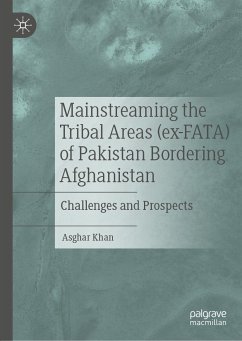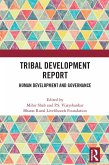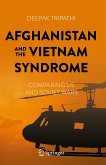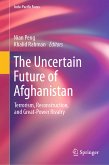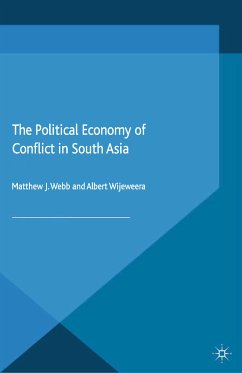-Benjamin D. Hopkins, Professor of History, Elliott School of International Affairs, The George Washington University, Washington, DC, USA
The book addresses why the Pakistani state is facing persistent challenges in extending and consolidating its governance (authority) throughout its territories, especially in the former Federally Administered Tribal Areas (ex-FATA)? Even after the de jure merger, the question still remains valid that how Pakistani state could establish its governance in these tribal areas? Through multi-dimensional approaches and multi-pronged analysis of state-centric (top-down), society-centric (bottom-up) and state-in-society (mixed-horizontal) approaches, the book explains factors and dimensions that pose challenges to Pakistani state governance in ex-FATA. The main hypothesis is that societies, where state governance is absent, turn to informal governance and create informal institutions as a substitute for the weak central state governance thereby challenging the domination and control/authority of the state. The book presents policy recommendations for bringing these tribal areas into the mainstream governance system of Pakistan.
Asghar Khan is the head of the Department of Regional Studies, University of Peshawar, and teaches Political Science there.
Dieser Download kann aus rechtlichen Gründen nur mit Rechnungsadresse in A, B, BG, CY, CZ, D, DK, EW, E, FIN, F, GR, HR, H, IRL, I, LT, L, LR, M, NL, PL, P, R, S, SLO, SK ausgeliefert werden.

